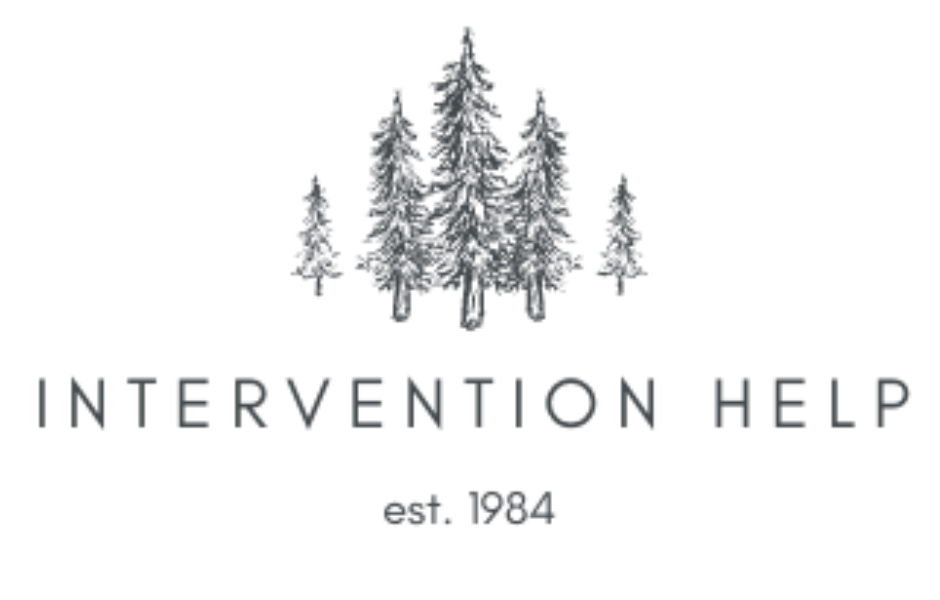
Drug Interventions: What Families Need to Know
Watching someone you love struggle with drug addiction, substance abuse, or a mental health disorder can leave you feeling helpless. You may have already tried talking to them, only to feel shut out, ignored, or blamed. That’s where a drug interventionist can help. Drug interventions offer a compassionate, structured way to help a person struggling recognize the need for change and begin their recovery process.
At Intervention Help, we offer deeply respectful, clinically grounded intervention services tailored to the needs of both the individual and the family system. Our approach is never forceful or punitive. Instead, we create a calm, safe, and supportive space where your loved one can make the decision to accept treatment on their own terms.
What Is a Drug Intervention?
A drug intervention is a carefully planned process in which family members, close friends, and a professional interventionist come together to express their concerns and encourage a loved one to seek treatment for substance abuse or mental health concerns.
Unlike an impulsive confrontation, a real intervention is deliberate and thoughtful. It often involves a series of steps including:
An initial intervention consultation to understand the situation
Formation of an intervention team made up of people who care
Education and training to ensure everyone is on the same page
A facilitated intervention meeting led by a professional interventionist
Presentation of specific treatment options and a clear treatment plan
Whether you’re facing substance use disorders, mental health issues, or co-occurring conditions, our intervention strategies are designed to encourage your loved one to take the next step.
When Should a Drug Intervention Occur?
It’s a common misconception that you have to wait until someone hits rock bottom. In reality, early intervention often leads to far better positive outcomes. If you’re noticing ongoing destructive behaviors, unexplained mood shifts, legal troubles, or the development of a serious mental illness, it may be time to act.
Signs that an intervention occurs at the right time include:
Increasingly dangerous substance abuse patterns
Escalating drug use despite negative consequences
Difficulty managing work, relationships, or daily life
Signs of mental illness or mental disorders alongside substance use
Withdrawal from family and friends
Remember: the situation can get worse the longer it goes unaddressed.
Who Should Be Involved in a Drug Intervention?
An effective intervention team usually includes select family members, close friends, and a trusted professional interventionist or addiction specialist. The goal is to create a unified front with the sole purpose of helping the person of concern to see their situation from a new perspective.
At Intervention Help, we ensure that everyone is coached ahead of time. We help families prepare emotionally and practically so that the intervention meeting is constructive and non-confrontational.
What Happens After the Intervention?
A successful intervention doesn’t end with a yes or no. It’s the start of a journey. If your loved one agrees to get help, we assist in coordinating placement in vetted treatment centers that match their needs—whether it’s residential care, a partial hospitalization program, outpatient treatment, or ongoing family therapy.
A well-developed treatment plan will take into account:
Underlying mental health or mental health disorder diagnoses
Dual diagnoses of mental illness and substance abuse
Individual history and substance abuse issues
Any relevant medical conditions that could affect care
Recommendations from treatment providers and addiction professionals
We also offer follow-up support and referrals to programs like Alcoholics Anonymous, SMART Recovery, and other support groups.
How Are Drug Interventions Different from Alcohol Interventions?
While alcohol and drug interventions share many similarities, there can be significant differences depending on the substance involved. Other drug abuse may involve higher medical risk, greater legal complications, or more intense withdrawal protocols. That’s why we work closely with experts in addiction medicine and utilize the latest research, including guidance from the Diagnostic and Statistical Manual of Mental Disorders, to inform each treatment approach.
What If My Loved One Refuses Help?
Not every intervention occurs with an immediate yes. But even if your loved one doesn’t accept treatment right away, the experience can still plant an important seed. It’s not uncommon for someone to reach out days or even weeks later, after they’ve had time to reflect.
In the meantime, we provide coaching for family members to help manage expectations, establish boundaries, and protect their own mental health. Change takes time, but having a treatment plan and support structure in place can make all the difference.
Start the Intervention Process with Support You Can Trust
We know how hard it is to take that first step. That’s why we walk with you through every phase of the intervention process. From the first phone call to the transition into a treatment program, our goal is to help your family system begin healing and moving forward.
Whether you're dealing with substance use, drug abuse, or a loved one's addiction, we're here to help you create a compassionate, effective path toward recovery.
Reach out to Intervention Help today to learn more about our intervention services and how a professional interventionist can guide your intervention team toward real change.
FAQs About Drug Interventions
-
A formal intervention is a carefully structured and guided process, often led by a professional interventionist or drug counselor. Unlike a casual discussion, it involves pre-planned steps, trained participants, and specific goals. It is designed to help a person struggling with substance abuse problems recognize the impact of their behavior and encourage them to accept treatment.
-
No. While interventions are often used in more advanced situations, they can also be effective earlier in a person’s substance use. Early intervention, including structured conversations like a brief intervention, can be highly effective in stopping progression before more serious damage occurs.
-
Yes. A brief intervention is a short, targeted conversation typically facilitated by a healthcare provider or drug counselor. It is especially helpful for individuals who may not yet recognize the severity of their substance abuse problems and can be a powerful tool in raising awareness and promoting change.
-
A crisis intervention is a rapid response to an urgent, often dangerous situation involving substance users. This might include threats of self-harm, overdose, or severe psychosis. It differs from a standard addiction intervention in that the priority is immediate stabilization, safety, and urgent care.
-
Absolutely. Many individuals suffer from both alcohol addiction and other drug abuse. Our intervention services are designed to address co-occurring conditions with sensitivity and expertise, and we create tailored treatment plans that consider all aspects of the person’s challenges.
-
A drug counselor, addiction intervention specialist, or professional interventionist is typically responsible for leading a formal intervention. They bring clinical insight, facilitate communication, and ensure that the intervention process remains respectful and effective.
-
Even if someone doesn’t accept treatment immediately, a formal intervention can still be the turning point. It plants a seed of awareness, opens the door to future change, and gives family members a shared strategy for continued support and boundaries.


